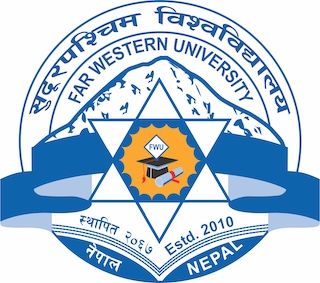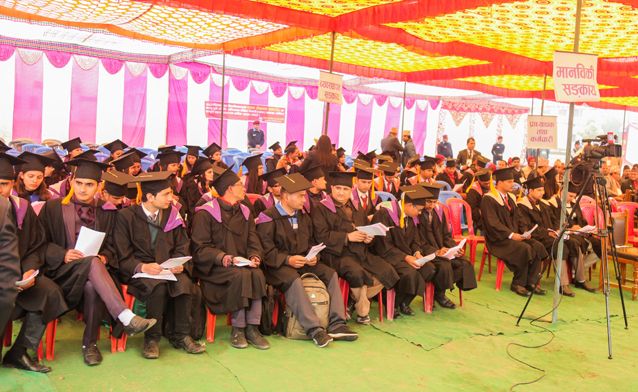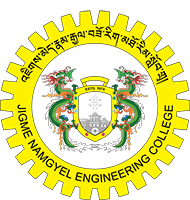PARTNERS
The priority of the project is to convert these centers into international references and provide a positive influence among Institutions of Higher Education in both countries.
An additional objective is for the beneficial effects resulting from this project to contribute to improving the quality of life in Nepal and Bhutan.
Jigme Namgyel Engineering College (JNEC), Royal University of Bhutan (RUB)
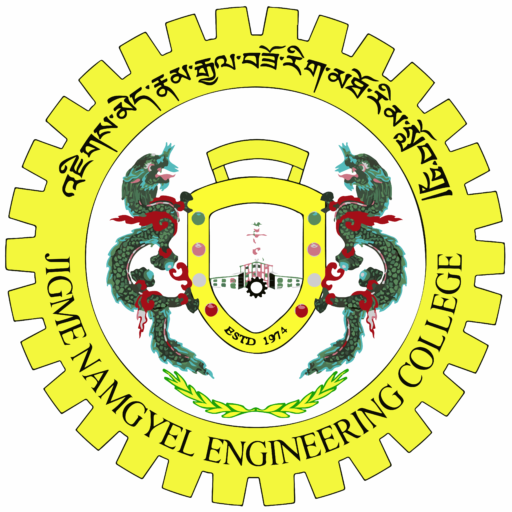
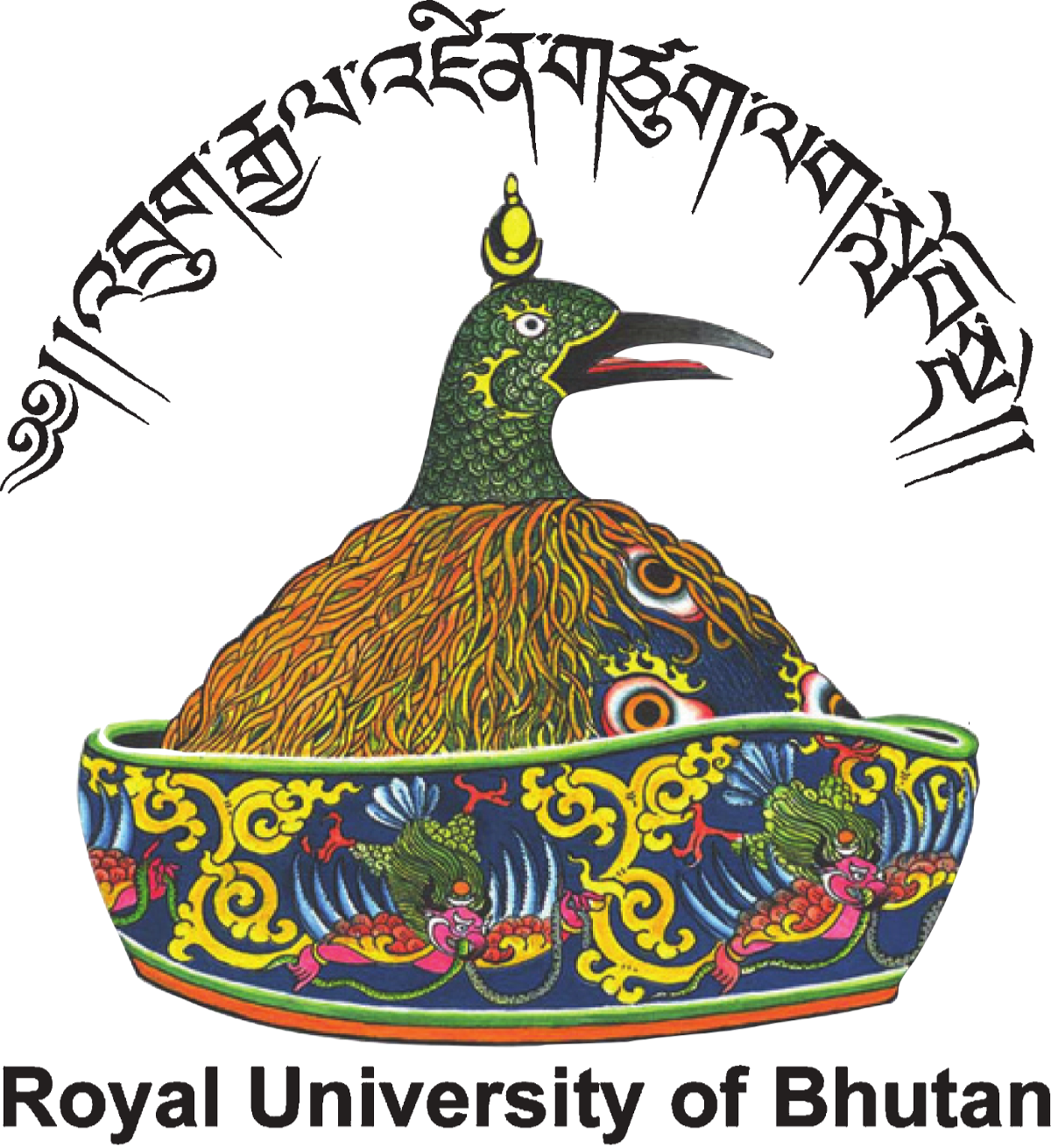
Jigme Namgyel Engineering College (JNEC) is one of the constituent colleges of the Royal University of Bhutan (RUB). It is beautifully located atop a hill overlooking the small town of Dewathang which is 18 kilometers from Samdrup Jongkhar, the second gateway to Bhutan from India.
The College was formally launched as the Royal Bhutan Polytechnic on 22nd February 1974 and until 2001, the College was the only tertiary level institute providing education in engineering. The academic programmes offered at JNEC are targeted towards meeting the engineering and management manpower requirement of the country to support the country’s infrastructure development.
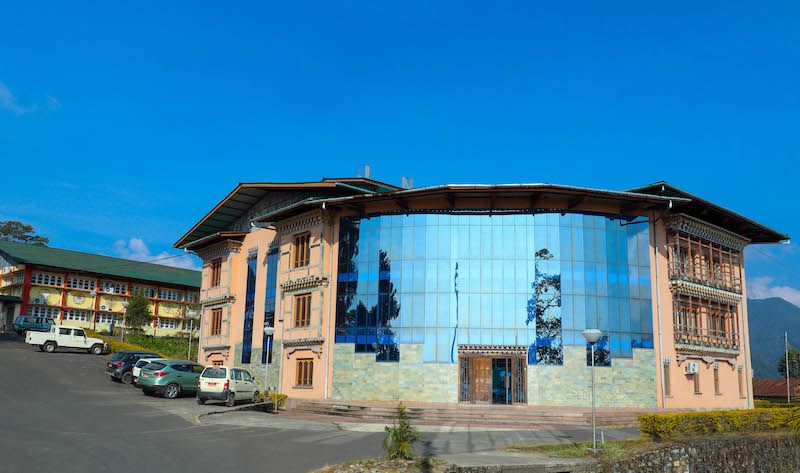
Riga Technical University (RTU)
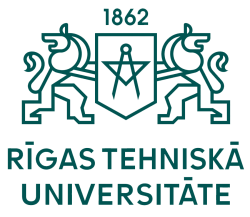
Riga Technical University (RTU) educates and trains almost 15 thousand students, making it one of the largest universities in the Baltics and the largest University in Latvia. It now uses advanced teaching methods, new technologies and an innovative approach to offer exciting studies in Engineering Sciences, Technologies, Natural and Environmental Sciences as well as in Architecture, Engineering Economics and Technical Translation. In total, RTU has permanent academic staff of 930 members as well as almost 700 members of research staff.
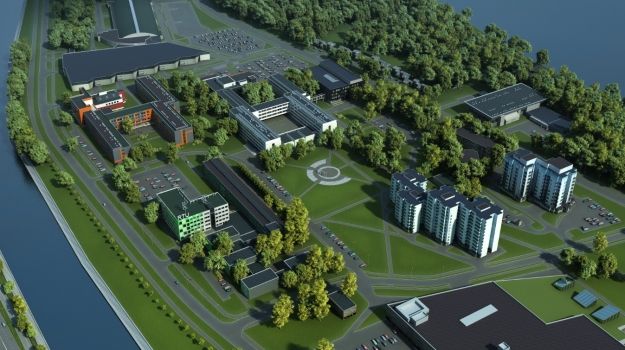
Hellenic Open University (HOU)
HOU is established in 1996 and started its operation in 1998. HOU is a distance-learning university and provides courses in all levels of tertiary education, being the only distance-learning university in Greece. HOU has four Schools: Applied Arts, Humanities, Science and Technology and Social Sciences, 6 undergraduate programs and more than 50 MSc programs, while about other 10 are planned to operate in the near future. HOU has more than 20,000 undergraduate students, more than 20,000 in MSc programs and about 80 PhD students, and occupies the second place among Greek Universities in number of students. HOU has about 45 permanent and more than 2,000 adjunct professors.
Sustainability is very strong in HOU, as several courses, or part of them, in all four Schools are dedicated to it and sustainability is in the core research of several laboratories. HOU created recently an “Environmental Unit”, where environmental and sustainability issues of the university or the education process will be taken into consideration. The target is to decrease the environmental imprint of the University and to include sustainability in all courses and educational procedures.

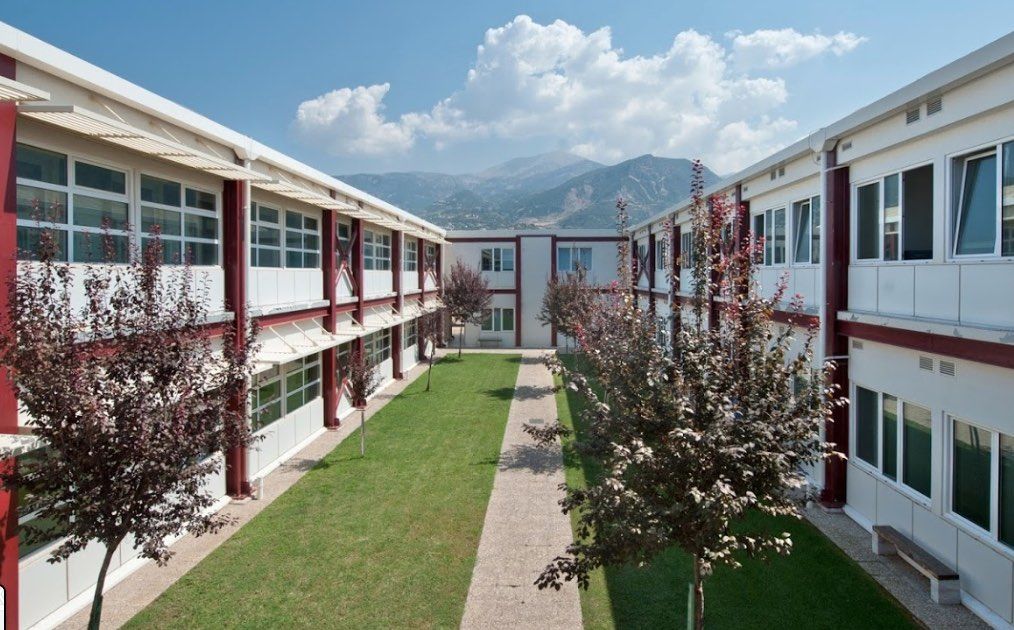
Technical University of Cartagena (UPCT)
UPCT, established in 1998, is the 4th largest technical university in Spain (around 6000 students). However, Engineering and Business studies have a long tradition in Cartagena: many of our Schools were founded in the beginning of the last century. This union between youth and tradition give us a dynamic and innovative character, but also a well tried one with a solid foundation. The courses offered by the UPCT include 1st, 2nd and 3rd cycle studies accounting 15 undergraduate programmes, 22 master programmes and 8 doctoral programs.
Research is other essential pillar on UPCT activity, with 90 research and development groups aiming to be not only a place for knowledge transfer, but also a source of scientific and technological progress, promoting joint research and scientific exchange programmes with public and private organizations, as well as with numerous universities. All these activities take place in our 6 Engineering Schools and a Faculty of Business Studies.
UPCT at national scale is integrated within the Sectorial Working groups on Sustainable Development and International Cooperation Actions within the HEIs Spanish Platform (CRUE) appointed by the National Government since 2011.
Currently, at UPCT a working group for the implementation of the 2030 Agenda and the SDGs at the UPCT is developing the new UPCTagenda 2030 for sustainable development (RETODS‐UPCT).
RETODS‐UPCT guarantees the institutional commitment through the implementation of the 2030 Agenda and the SDGs among all sectors of the university community. RETODS‐UPCT represents a responsible positioning of the UPCT in favor of people, the planet and sustainable development. It is a long‐term Plan that affects all the Institution, UPCT Management and Management structures transversally and with specific mission of driving a coordinated and coherent action to deploy the 2030 Agenda and the SDGs at the University.

Nepal Engineering College (NEC)
The vision of NEC is to evolve as the center of higher learning, excelling in academics, through continued engagements in education, research and outreach as three integrated functions of the college.
In approaching the stated vision, the mission of NEC include:
- Providing the youth with the best opportunities and environment of learning to help them attain high level of academic standard, scientific temper, technical and professional competence and life-skills.
- Train and develop youth as total person, ready to serve the society and people to alleviate their sufferings and improve their quality of life.
- Inculcate the values to appreciate the need for ethical standards in personal, social and public life, to become leaders, to be a voice to influence the society and the nation, and to uphold just social order.
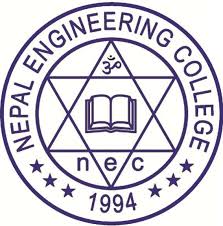
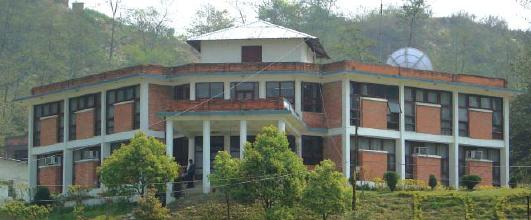
Sagarmatha Engineering College (SEC)
Sagarmatha Engineering College was established in 2010 under the affiliation of Tribhuvan University. Within less than a decade of its inception, it has been one of the top most choices for future engineers.
The college provides latest and up-to-date courses to mould engineers so as to compete with changing world in the following engineering streams:
– B. E. Civil
– B. E. Electronics & Communication
– B. E. Computer
– B. E. Electrical (Proposed)
At Sagarmatha, students are encouraged to unleash their potentials building on their strengths and overcoming weaknesses. The dedicated and resourceful faculty members help students turn dream into reality. The college not only produces competent engineers for governmental and non-governmental organizations but also builds entrepreneurship skills so that they register new enterprise to make positive change in society.
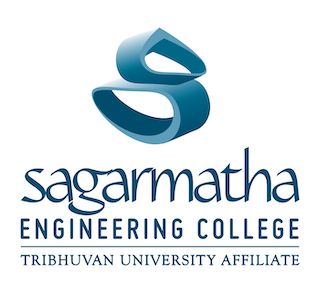
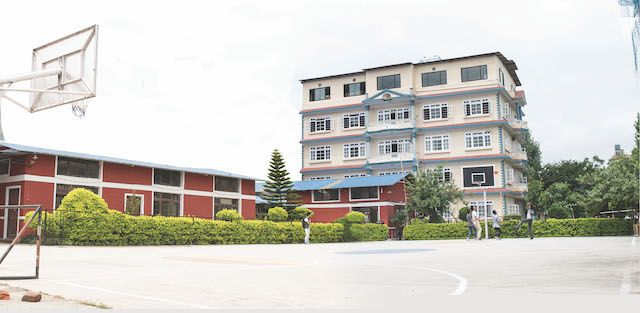
Kathmandu University (KU)
Kathmandu University (KU) is an autonomous, not-for-profit, self-funding public institution established by an Act of Parliament in December 1991. It is an institution of higher learning dedicated to maintaining the standard of academic excellence in various classical and professional disciplines.
The mission statement of the University is “to provide quality education for leadership”. The vision is “to become a world-class university devoted to bringing knowledge and technology to the service of mankind”.
The University aspires to serve the nation by fulfilling the needs of the society through the motto of taking knowledge and skills “from the campus to the community.”
The University’s broadly perceived signature features include autonomous administration, financial self-sustenance, regular maintenance of the academic calendar, sustained trust of the international academic community, optimum contact between faculties and students and student-friendly environment, among others. Similarly, the University’s graduates are widely known for attributessuch as substantive exposure to the industry and the community, research competence, technological literacy, moderate to high-level communicative competence, teamwork and leadership spirit and global compatibility
The University operates through seven Schools: (i) School of Arts, (ii) School of Education, (iii) School of Engineering, (iv) School of Law, (v) School of Management, (vi) School of Medical Science and (vii) School of Science.
At present, the University offers more than 140 long-term and short-term academic programs and courses from intermediate to Ph.D. levels. As of December 2018, the University has produced 28,794 graduates.
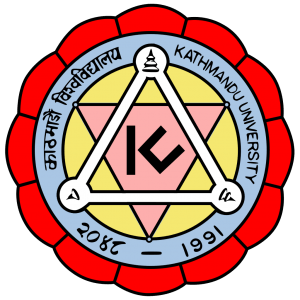
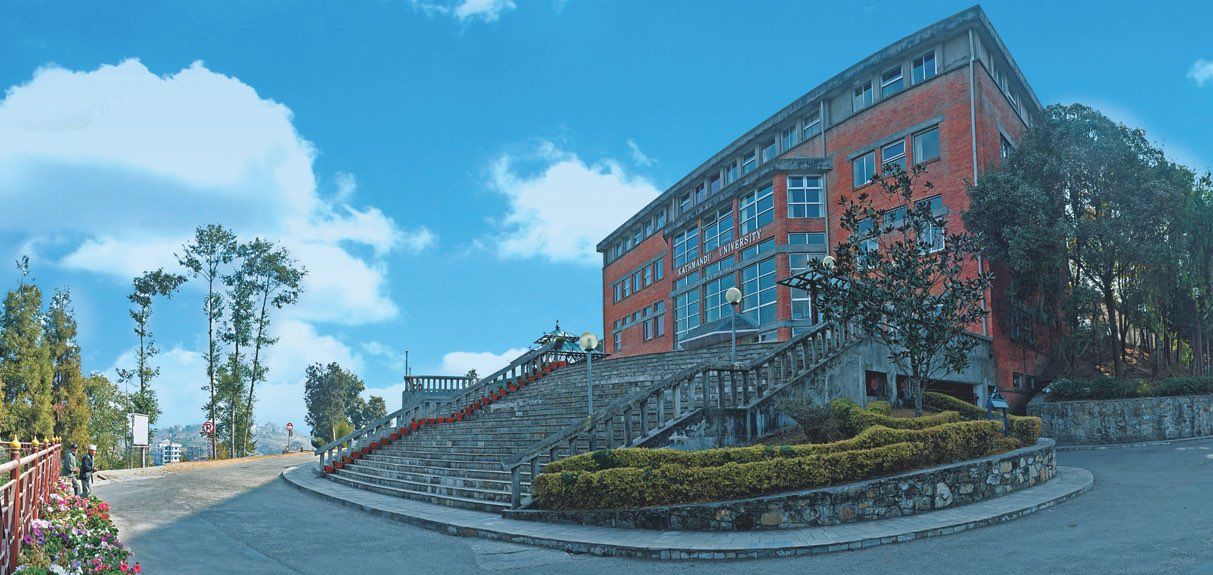
Pokhara University (PU)
Pokhara University started its academic activities in 1996. The Prime Minister is the Chancellor of the University and the Minister of Education is the Pro‐Chancellor.
The University has 4 constituent Schools, 4 Joint Constituent Colleges and 54 affiliated colleges with 43 different programs (Bachelor, Master, M.Phil and Ph.D) in: Science and Technology, Health Sciences, Humanities and Social Sciences and Business.
PU aims at producing skilled human resources capable of working for the national development as well as the global community, being a leader in the promotion of quality higher education, health and community service

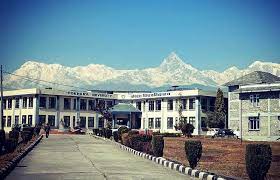
Far Western University
Far Western University (FWU) was established in 2010 through an Act of Parliament as a government funded national university. Its main vision is to become a prime academic institution in the country through an academic excellence, research based education, community engagement and partnership. The central office of the university is located at Bhimdatta Municipality of Kanchanpur district. The strategic location of the University Central Campus and its constituent campuses at the Far-Western region would not only support improving the access of local people to higher education but also create dynamism on the overall development of the region.
In the last 10 years, it has been fulfilling its responsibility of making higher education accessible to the people of this region through its 16 constituent campuses in the nine different districts of Far-Western Province. Adopting the principle of “everyone has the right to education, and higher education shall be equally accessible to all”, the Far-Western University has been delivering diverse educational programs, both in undergraduate and graduate level, through six faculties including Humanities and Social Sciences; Education; Management; Science and Technology; Engineering; and Agriculture. All the undergraduate courses and graduate courses of the university are of four-year duration and two year duration respectively.
Currently, Far-Western University has a total of 665 staff (teaching and non- teaching) from different academic background and diverse geographical location. About 16000 students from different academic and Socio-economic background and especially from the diverse geography of nine districts of Far Western region are studying in the various faculties at the Far Western University. The university has been planning to expand academic programs. The university has signed MOU with different national and international academic institutions, Universities, local and provincial governmental organizations, and international research and development organizations.
